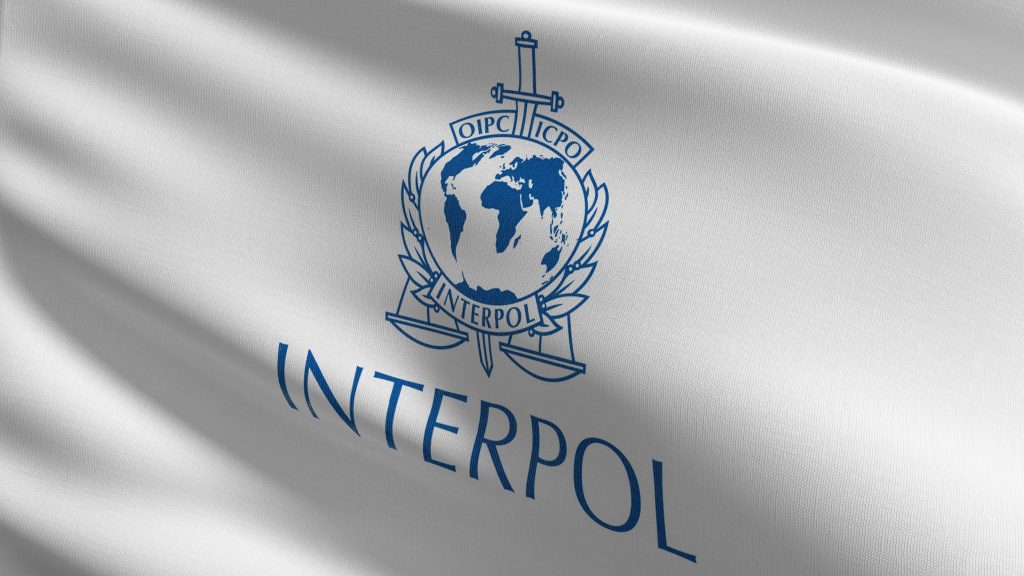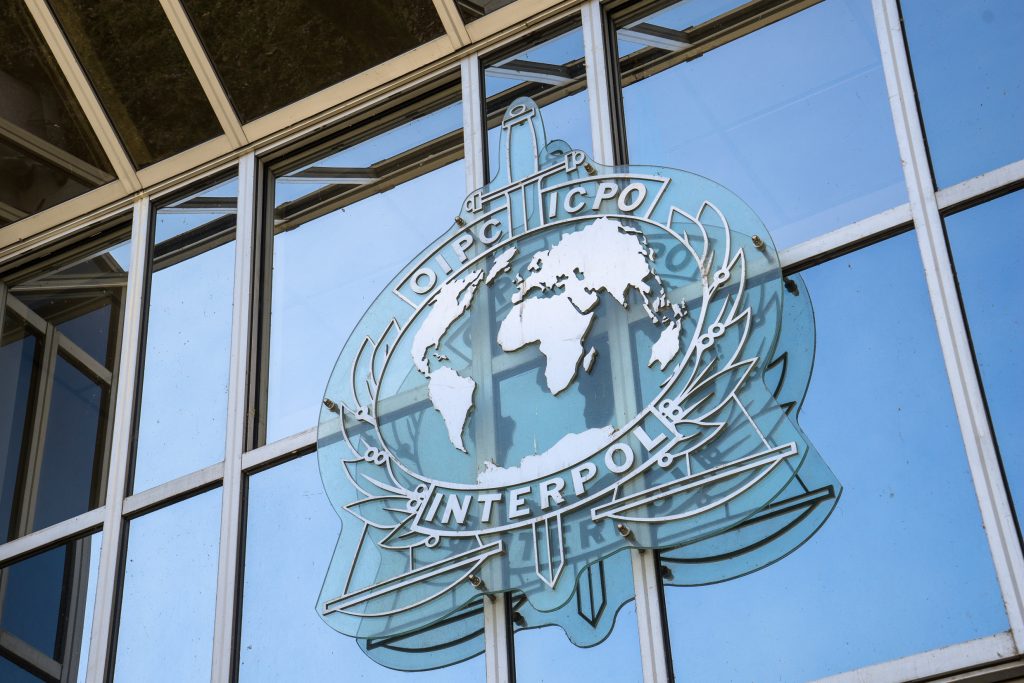Interpol’s response, copied below, essentially makes sweeping denials of any wrongdoing and shuns the content of the open letter.
One positive outcome from their reply is an offer to engage in direct discussions with civil society groups and human rights lawyers.
Here is Interpol’s response in full:
23 June 2023
De ar Mr Keith,
We are responding to your letter dated 5 June and the accompanying “detailed report”, which, despite your claim, does not contain any information whatsoever about misuse of INTERPOL’s SLTD database.
In your open letter, you refer to an article by the Nordic Research Monitoring Network including “leaked documents from Turkey’s National Intelligence Organization showing that the country abuses INTERPOL’s SLTD system to bypass a set of restrictions imposed on Turkey’s access to the Red Notice database”.
Thank you for bringing this document to our attention. However, it is unclear why you referenced this article, as the content actually shows that INTERPOL repeatedly refused requests which were found to be non-compliant with the Organization’s Constitution and Rules, as per the below extracts:
The two-page Turkish government document obtained by Nordic Monitor reveals how Interpol shut off access to its database by the Turkish police’s Interpol/Europol department after the Erdoğan government flooded the system with politically motivated filings.
Kirmiç fled Turkey to escape imprisonment on false charges, and the Turkish government then turned to Interpol to hunt him and many others linked to the Gülen group down. However Interpol rejected the Turkish submissions, citing violation of its rules, and shut off Turkish police access to its database when Turkey flooded the system with too many filings.
In response the Turkish government sought ways to bypass the restrictions and restore the access. The Turkish government document that reveals proposed actions to overcome the block imposed by the Interpol administration bears the signature of Murat Erdem, head of the Justice Ministry’s General Directorate for International Law and Foreign Relations. It was circulated to various branches of the government.
The document, dated June 10, 2018, was apparently prepared after the Interpol General Secretariat informed the Turkish government in a letter on May 4, 2018 that the summary filings by Turkish authorities against 115 people including Kirmiç who were believed to have been affiliated with the Gülen movement were not acceptable. It also warned against new filings against these people, citing violations of the Interpol Constitution.
The General Secretariat’s letter specifically referred to Article 3 of the Interpol Constitution, which says, “[I]t is strictly forbidden for the Organization to undertake any intervention or activities of a political, military, religious or racial character.” It added that all filings made by the Turkish Interpol department would be deleted and urged it not to file new requests.
Despite Interpol’s warning, Turkey tried to submit a new filing for a Red Notice against Kirmiç and received a refusal from the General Secretariat. The Turkish government document states that similar filings had also been rejected by Interpol since 2016.
We would also confirm that no Red Notice has ever been published for Enes Kanter (now Enes Kanter Freedom).
In your reference to INTERPOL’s Constitution, please note that the accurate wording is as follows:
Article 2 part 1: To ensure and promote the widest possible mutual assistance between all criminal police authorities within the limits of the laws existing in the different countries and in the spirit of the Universal Declaration of Human Rights;
Article 3: It is strictly forbidden for the Organization to undertake any intervention or activities of a political, military, religious or racial character.
It is regrettable that once again, you have decided to publish misleading allegations and claims in relation to the Organization without any attempt at all to contact the INTERPOL General Secretariat.
If you had contacted us, we could have provided the following information:
INTERPOL’s SLTD database contains information on travel and identity documents that have been reported as stolen, stolen blank, revoked, invalid or lost. As with all data recorded in INTERPOL’s databases, information in the SLTD database must meet the conditions defined in INTERPOL’s Constitution and rules, including Articles 2 and 3 as outlined above.
The General Secretariat remains vigilant to any potential misuse of INTERPOL’s SLTD database and if any misuse is detected, interim or corrective measures may be applied to that country’s National Central Bureau.
The measures can vary depending on the situation and are meant to ensure compliance with INTERPOL’s rules and facilitate improvements in the use of its channels. Since the entry into force of the Rules on the Processing of Data in 2012, interim and corrective measures have been applied with regard to different NCBs on different occasions, including in relation to data uploaded to the SLTD database.
We would like to recall that in accordance with INTERPOL’s rules, individuals may submit, either personally or through their legal representatives, requests for access and/or deletion concerning data recorded in INTERPOL’s databases in relation to them, including data concerning their travel documents, which may be recorded in the SLTD database. The requests can be submitted, free of charge, to the Commission for the Control of INTERPOL’s Files (CCF), which is an independent body created to address such requests.
For more information about the CCF and the procedure to submit a request (including the documents to enclose with the request), please visit the CCF’s web page at: https://www.interpol.int/Who-we-are/Commission-for-the-Control-of-INTERPOL-s-Files-CCF .
As ever, the INTERPOL General Secretariat remains open to, and welcomes, constructive criticism made in good faith.
In this spirit, we would welcome your direct engagement with the General Secretariat.
We would also re-iterate our frequently made offer of participating in, or contributing towards, open fora where INTERPOL is discussed, but is not invited to attend nor represented.
We trust that our response will be shared with the co-signatories of your letter, and look forward to receiving confirmation of this.
Best regards / Cordialement / Atentamente / مع التحية



